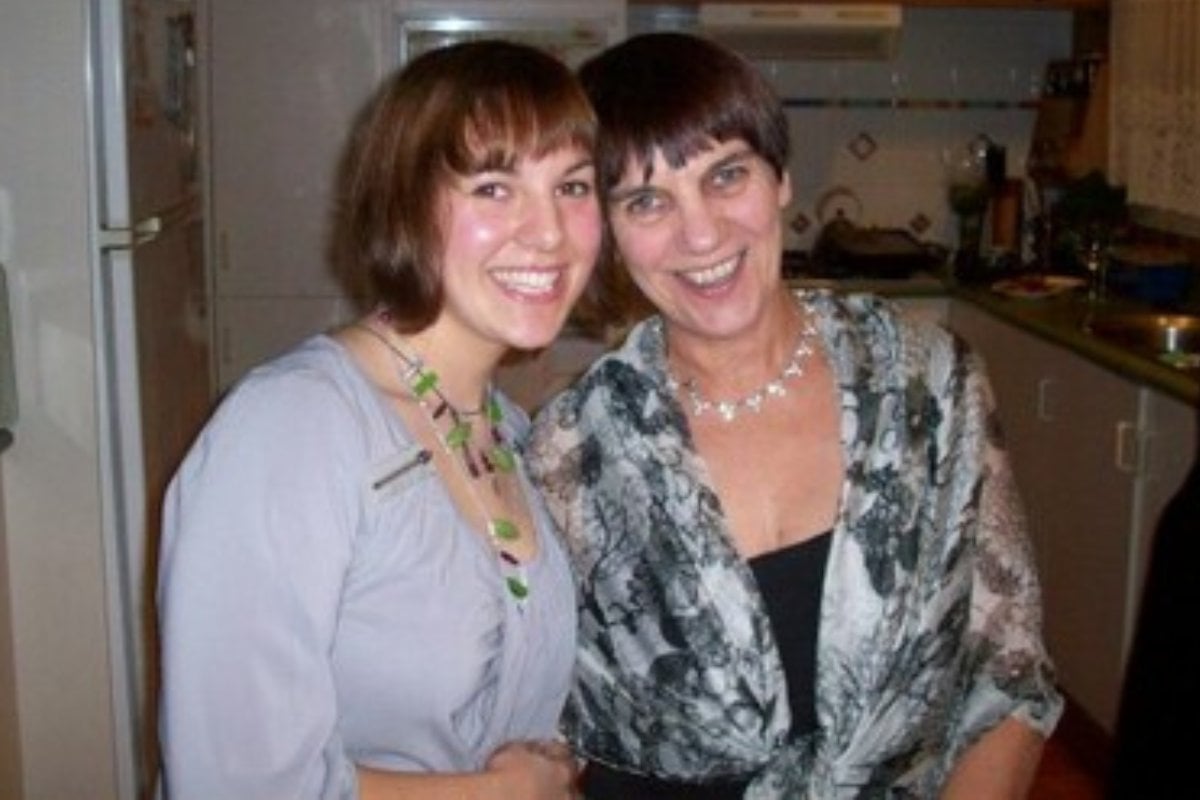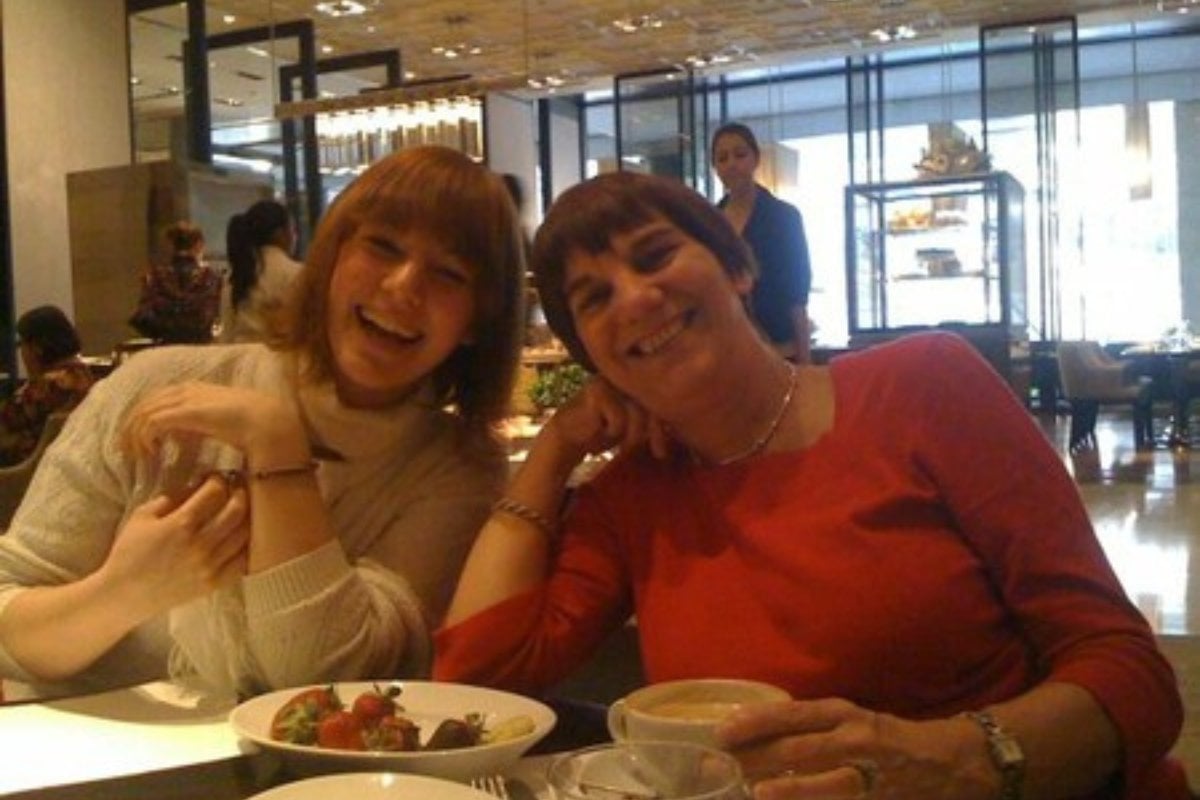
When my mother told me she had bowel cancer, I burst into tears. For a moment, I broke down with sadness and anticipated grief. As my mother has always done (and will likely always do) when I’m upset, she comforted me. She told me it would all be alright and in many ways she was lucky to have a diagnosis and a clear treatment plan.
They had caught it early she told me; she was lucky. Feeling soothed, we chatted a bit more about what would happen next and then hung up so she could call my sisters and have the same conversation with them.
Afterwards it dawned on me, that my mother, even when she had just received a diagnosis of cancer and should be concerned with herself, still mothered me first. It made me realise that for most of us, we never stop wanting to shield our children from the bad stuff of life.
Watch: The facts, on bowel cancer. Story continues after video.
That night as I read books to my own children, I realised that I too, would always mother them first. I’m not sure how much of this comes from social conditioning, the constant messages that motherhood is our primary responsibility and identity, a role that perhaps we can’t shake off even when our children are grown. Is it that I feel pressured to always put them first? Or is it driven by my own instincts of wanting to protect and look after my children and reduce any distress in their lives? Either way, as I look into the future, I know that I too will downplay my own needs and suffering at times to ease things for my children. I too will ensure their comfort first.

